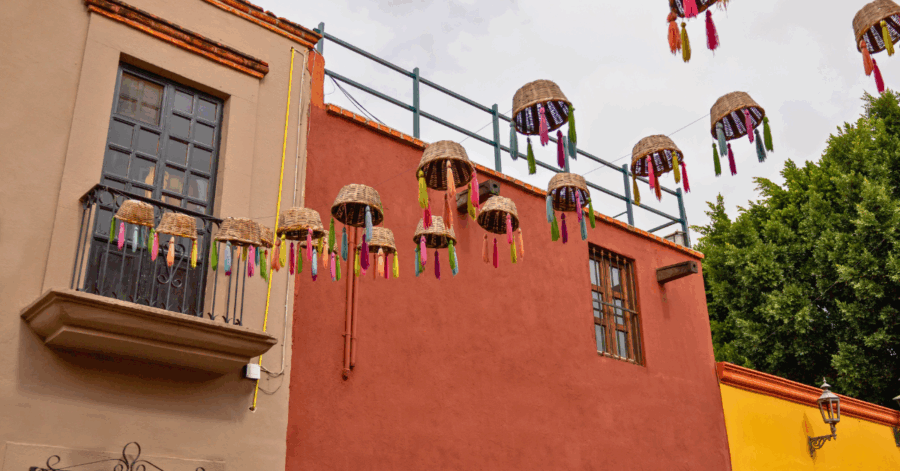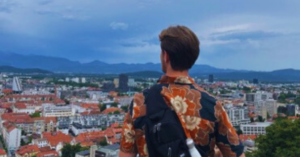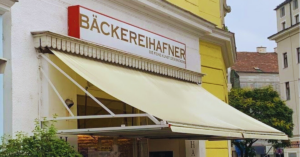Safety often emerges as a concern for students going abroad for the first time and their loved ones. However, risk can only be reduced and not eliminated, not even in the country’s most boring suburb. This week, the Peers have compiled a list of safety tips for first time travelers:
GENERAL GUIDELINES:
- Be aware of your surroundings and the people around you.
- Research the potential risks and dangers in your destination city/country in order to better prepare.
- Exercise caution around alcohol; stay in pairs or groups when going out at night.
- Follow your gut instinct and get yourself out of the situation if you have any serious doubt.
GETTING AROUND AS A TOURIST:
- Getting lost is normal, but looking lost can attract negative attention to you. If you need to check a map or travel guide, go inside a shop to discreetly look up directions, and walk out confidently to your destination.
- Speak as much of the local language as possible, even if it’s just a few words and phrases. People usually appreciate the effort.
- If applicable, learn to distinguish the official taxis from “pirate” ones. Either negotiate a price with the driver before you get in, or assure yourself that the driver turns on the meter.
BLENDING IN WITH YOUR ATTIRE:
- Whether you will be hiking, visiting cities, or going out to Europe’s fanciest nightclubs, make sure to pack accordingly. You wouldn’t want to hang around town at home in clunky hiking shoes and kitschy hiking gear, so why would you abroad?
- Many cultures tend to be more formal or conservative in terms of dress, so leggings, athletic shorts, tennis shoes, and XL t-shirts in public will make you stand out. Research acceptable attire and pack neutral clothing.
- Leave that fancy gear behind, and bring a discreet day-pack instead.
TECHNOLOGY:
- Petty theft results from opportunity; flashing your brand new iPhone on public transportation or in a crowded street is not a good idea. The post about eating that legit Italian pizza in Rome can wait until you get back to your room, where your phone is safe from pickpockets.
- In addition to the phone, be discreet with electronics in general. Put away your big, fancy camera when not in use.
- It may be tempting to take a million pictures to remember every part of your study abroad experience, but also remember to be present and experience the place through your own eyes.

MONEY AND PAPERS:
- Register with the State Department for the Smart Traveler Enrollment Program and receive relevant safety information for your destination country.
- Bring only the amount of cash that you need for the day; leave the rest at home. Keep a small stash of emergency funds hidden from the rest of your money in case a need arises.
- Keep a copy of your passport with you, but leave the real one behind in your hotel room or hostel locker.
- Keep an extra ISOS card with you in order to have a phone number any emergency.
These tips should help you have a safe and rewarding study abroad trip. If you’re still looking for more information, come to our weekly Travel 101 information sessions at 4 p.m. (Tuesdays in JES A217A and Wednesdays in MEZ 2.208). Check out our calendar for updated times and location.






